By Jennifer Dorsett
I have a voice. You have a voice. We all have voices.
And it’s important to use those voices to advocate for things we are passionate about. For Texas Farm Bureau and myself, that’s agriculture.
But why are we so concerned with agricultural advocacy?
Well, it’s an important concept, because many Americans are far removed from farming and ranching. Today, less than 2 percent of Americans are farmers and ranchers.
But there’s a larger, much more vocal component of the population mistakenly claiming farmers and ranchers are destroying the environment and using unnatural methods to grow our food and fiber.
It’s easy to get confused or misled by that vocal faction. Now, with election season just around the corner, it’s more critical than ever that we have legislators who understand and support agriculture. Our future literally depends on our nation’s ability to produce its own food supply efficiently, safely and profitably.
Helping others understand why and how farmers and ranchers make decisions when raising crops and animals is the basis of agricultural advocacy.
But what does agricultural advocacy look like in the real world?
Sometimes, it’s a farmer posting a photo to social media of a crop in the field with an explanation of its growth stage and what happens next. It’s eye-opening to see what happens when uncontrollable weeds choke out a promising cotton crop or what armyworms can do to a hay field in a matter of days when left untreated.
People racing to move livestock out of harms’ way never fails to engage on social media. And a photo of a rancher busting ice out of troughs on a brutally cold day helps connect animal care with a real person.
Agricultural advocacy takes on different forms, but blogs like this and publications like these are a form of agricultural advocacy. Writing about farm and ranch practices is one way to spread the message about modern agriculture’s effectiveness and sustainability.
Radio stations and programs like those distributed by the Texas Farm Bureau Radio Network help Texans keep up-to-date on the latest farm and ranch news every day. The radio team shares what’s going on in agriculture, from happenings in the field to those on Capitol Hill.
Teachers can bring agriculture to life in the classroom, helping students understand what farms and ranches look like and what farmers and ranchers really do. Texas Farm Bureau has numerous resources available for this purpose.
At home, parents can show their children videos about farming and ranching, and there are tons of hands-on activities to connect kids to agricultural concepts. Making a recipe together is a good opening point to talk to kids about where our food comes from and how it’s grown.
And of course, joining a membership organization like Texas Farm Bureau is another way to show your support for agriculture. The organization’s mission is to be the Voice of Texas Agriculture. And Texas Farm Bureau shares the struggles farmers and ranchers face when it comes to regulatory reform, weather challenges and more to help raise awareness of those who work hard to provide food, fiber and fuel. Because together, we’re stronger.
From Austin to Washington, D.C., and at every stop in between, Texas Farm Bureau brings farmers, ranchers and legislators to the table together. Because lawmakers must hear first-hand about the current issues facing production agriculture and rural Texans.
But advocating for agriculture brings attention to not only the issues faced by modern farmers and ranchers, but also their successes. The success stories about growing more while using less. The achievements in keeping a family legacy alive while facing adversaries both old and new.
So add your voice in advocating for agriculture.
Post a photo, write a blog, share a video. Visit a farm, and tell others about your trip and the people you met there.
Ask a rancher about her livestock. She’ll be glad to share all the ways she cares for them daily while ensuring they produce the highest-quality meat for your table. Then share the information you learn with your friends.
However you say it, and however you do it, let others know how important agriculture is to all of us. And join us in being part of The Voice of Texas Agriculture.

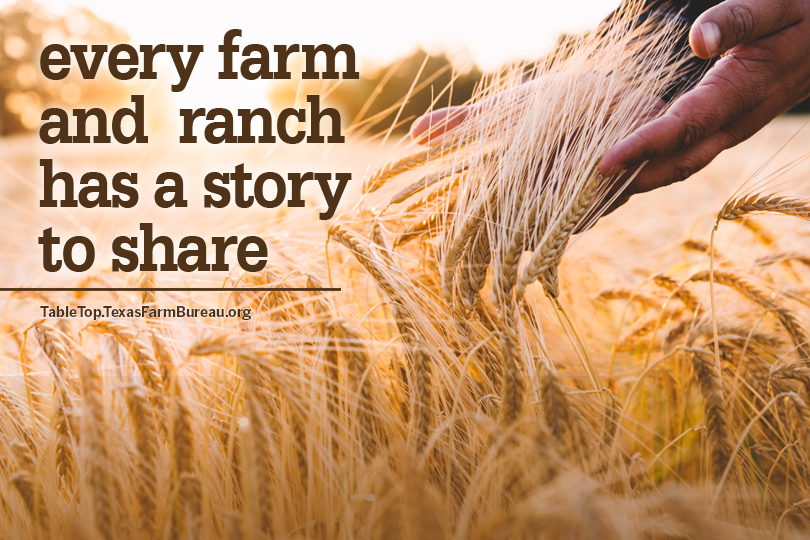
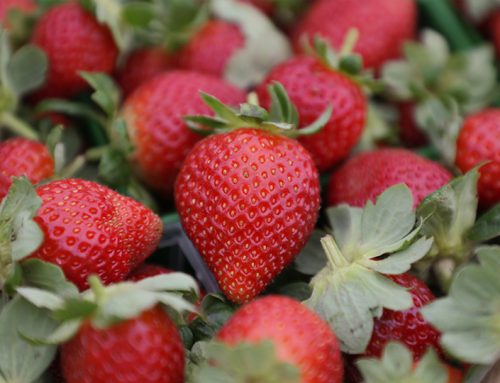
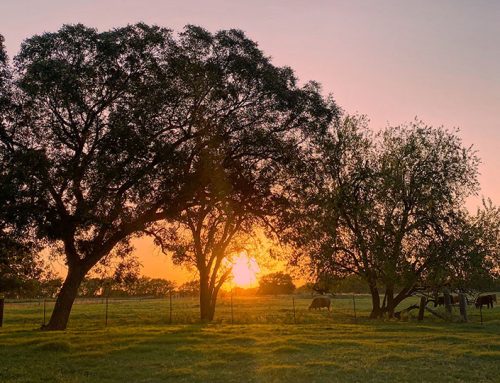
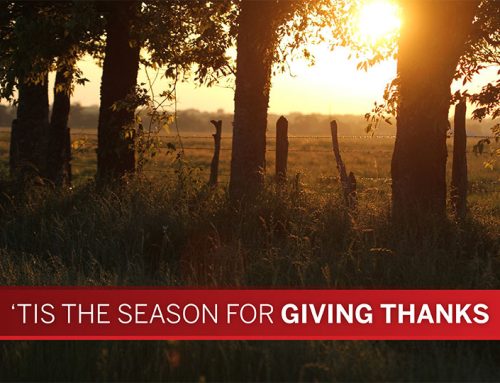

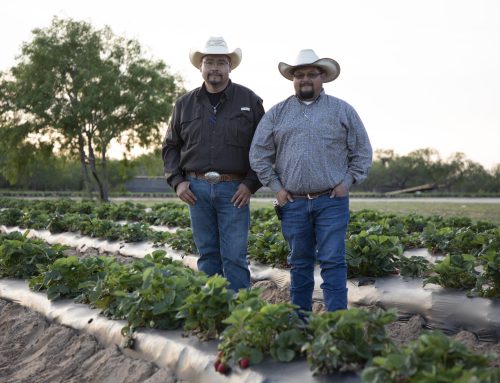




Leave A Comment